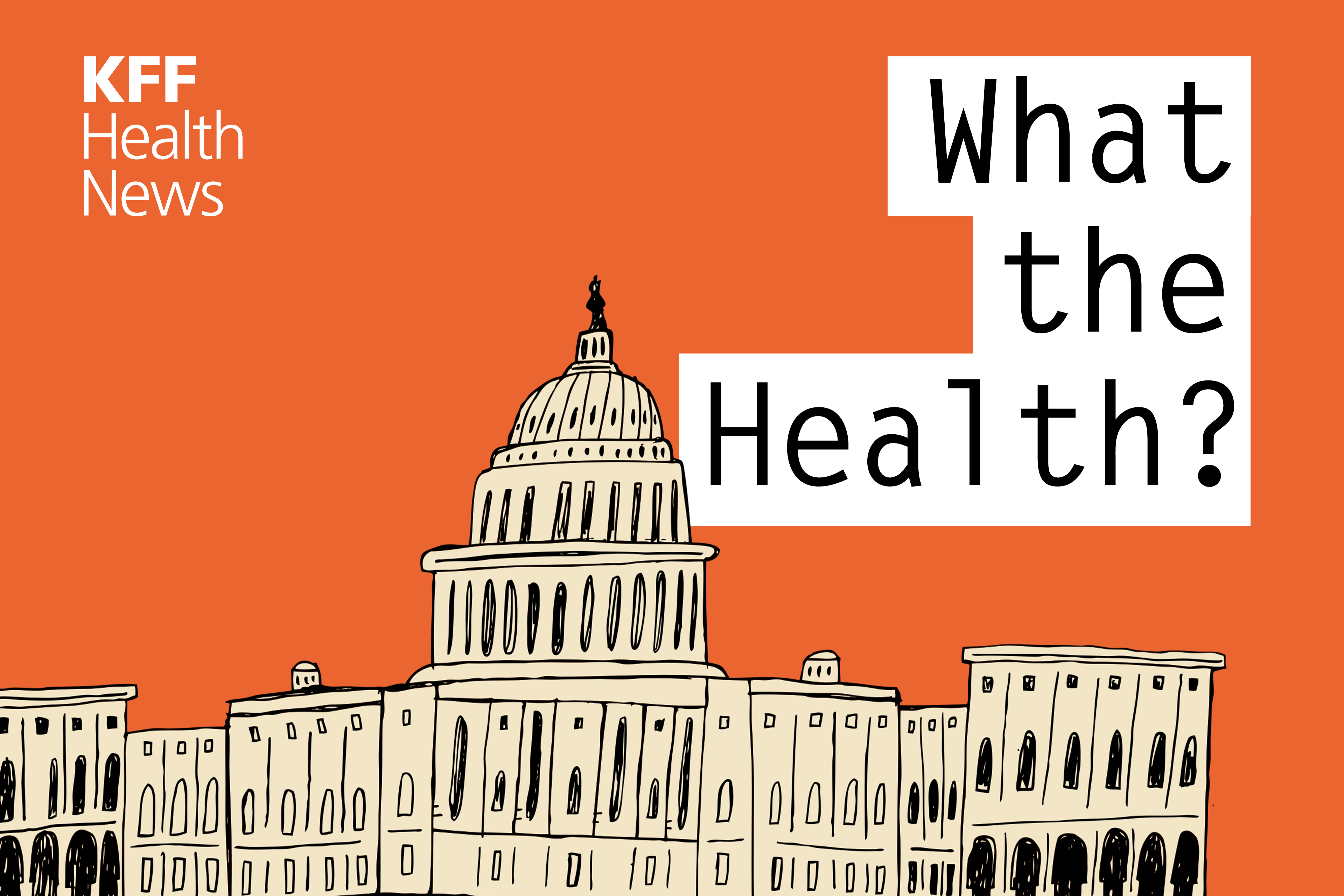Have you ever found yourself endlessly scrolling through TikTok, watching one video after another? Maybe you got some new hair inspo, tips to enhance your resume, an unbelievable story time, or a much-needed laugh? However, the app is facing a potential ban in the U.S. due to national security concerns over its Chinese ownership (although the senior leadership team is in Singapore). Unless the Supreme Court intervenes, TikTok could go dark for U.S. users as early as Sunday, January 19th. What happens next?
We contacted Dr. Corey Emanuel, a media psychologist who specializes in the psychological impacts of TV, film, and social media. Dr. Emanuel offers guidance on enhancing mental well-being and cultivating resilience. Today, we’re diving into his expert analysis of what this ban might mean for its dedicated users, who view it as a creative lifeline.
BHM: Given TikTok’s popularity, what psychological and emotional effects do you foresee for users if the platform suddenly shuts down?
Dr. Corey: TikTok isn’t just entertainment—it’s a second home. Users build connections, express creativity, and find like-minded individuals. Its shutdown could lead to loneliness, alienation, and polarization. Loneliness reduces self-esteem, alienation leads to loss of identity, and polarization arises as users migrate to other platforms, reinforcing echo chambers, often amplifying divisive opinions and reducing opportunities for meaningful dialogue.
BHM: Can you explain the role of dopamine in TikTok usage and how it influences user behavior and engagement?
Dr. Corey: Dopamine is the brain’s way of rewarding us for enjoyable moments—like a funny video, a touching story, or something exciting. TikTok effortlessly delivers these moments with its short, engaging content. When users encounter these moments, their brains release dopamine, creating a pleasure response similar to enjoying their favorite dessert or even sex. This sets up a cycle where we’re driven to keep scrolling, chasing more of those feel-good moments.
BHM: Why do you think TikTok users might prefer this platform over others, and what psychological factors contribute to this preference?
Dr. Corey: TikTok creates a judgment-free environment, encouraging authenticity through raw emotional moments, quirky humor, and creative experimentation. Unlike Instagram and LinkedIn, it celebrates imperfection, making it more inclusive and less intimidating.
Psychologically, we’re drawn to spaces where we can express ourselves without pressure. TikTok taps into our desire to safely connect, create, and share art. The “For You Page” amplifies content to appreciative audiences, reinforcing validation and belonging.
BHM: How might users emotionally and psychologically react to the abrupt loss of TikTok in their daily lives? Will there be emotional withdrawal?
Dr. Corey: Losing something that brings you joy and familiarity and is deeply woven into your daily life—like TikTok—may trigger grief. Even though the platform’s shutdown was announced nine months ago, many users have hoped it would continue. For some, that hope was rooted in denial, which already signals the first stage of grief.
When the loss becomes real, especially on January 19, there will be a wave of emotions, including sadness and/or anger. If you are one of the average TikTok users spending 1 to 2 hours daily on the app, the void or decrease in dopamine might be felt. For instance, users might experience withdrawal as they adjust to the abrupt absence of a platform that offers connection, creativity, and validation. This can feel like losing a part of their routine, identity, or community. Over time, some may redirect their energy toward other outlets or platforms. Still, the initial shock will likely be marked by a deep sense of loss and the challenge of finding a replacement for the joy and connection TikTok provided.
BHM: Do you believe users will find similar satisfaction in other social media platforms if TikTok is banned? Why might people hesitate to return to the platforms that existed before TikTok?
Dr. Corey: We’ve been here before. Vine, another wildly popular short-form video platform with over 200 million users, shut down in 2017. For many, TikTok filled that void. If TikTok is banned, users may eventually find satisfaction in other platforms (i.e., Lemon 8, Red Note), but it won’t happen overnight, just like TikTok didn’t happen overnight.
The hesitation to return to pre-TikTok platforms stems from the unique experience TikTok offers—its algorithm, creative tools, and culture of authenticity make it stand out. While popular, platforms like Instagram and YouTube don’t fully replicate TikTok’s ability to make every user feel like their content can be seen, valued, and celebrated. Returning to platforms prioritizing polished, curated content can feel limiting and less inclusive for those used to TikTok’s raw, creative, and community-driven vibe.
BHM: For those who have formed a strong attachment to TikTok, what psychological support or strategies would you recommend to help them manage the transition and any withdrawal symptoms?
Dr. Corey: Many people rely on TikTok for personal and social needs, boosting self-esteem and maximizing social capital, creating a strong attachment. Like any relationship, breaking this bond can lead to sadness and even depression during the later stages of grief.
To manage the transition and withdrawal symptoms, start by acknowledging the grief and processing it without judgment. Venting on newer platforms like Threads can help people feel seen and heard by others experiencing similar discomfort or loss. Replace the void with activities that nourish your well-being, such as practicing mindfulness, engaging in creative hobbies, or reconnecting with people in real life. Journaling or self-reflection can also help process the loss. Embracing similar platforms like Lemon8 and RedNote, where many former TikTok users will migrate, can provide comfort.
Seeking psychological support is also key. Talking to a therapist or counselor can help navigate emotional challenges [especially with national or environmental concerns], such as the transition of a new U.S. president and the aftermath of the California wildfires. Building new routines that align with your values and passions outside of social media can provide healthier fulfillment and connection.
I start each day by journaling and reading before diving into social media. This simple routine has helped me feel more centered and ready to take on the day with a clear mind. It’s a small but powerful habit that sets the tone for everything else. Try it yourself—you might be surprised at how much more grounded you feel.
TikTok’s Ripple Effect
We also asked Dr. Corey how the social media ecosystem might change if TikTok is banned.
He believes that if TikTok is banned, platforms like Instagram and YouTube will likely intensify their short-form content efforts to fill the gap. As creators migrate there, Instagram might see increased user engagement, emphasizing Reels and video editing features. YouTube may experience a rise in short-form content due to creators seeking alternatives to sustain their revenue. Newer apps focused on creative expression might emerge, but TikTok’s loss will leave a void that will take time to fill. Ultimately, users will turn to multiple platforms to replace aspects of TikTok, creating a more fragmented social media landscape.
Creativity and Community Beyond TikTok
As we face the potential shutdown of TikTok, it’s essential to recognize its role, especially for Black users. According to research by the Pew Research Center, 16% of TikTok news consumers are Black. The platform has provided a unique space for Black creators to share their stories, promote their businesses, and connect with audiences in ways other platforms have struggled to replicate.
Dr. Corey Emanuel’s insights highlight the consequences of a TikTok ban, from economic disruptions to social connectivity loss. However, remember that your creativity and authenticity are not confined to one platform. This potential ban is a reminder to explore new avenues and adapt, ensuring your voice continues to shine. Whether you’re a creator or someone who loves to watch, your passions and community can thrive in many spaces, both online and beyond. Embrace new opportunities and let your creativity flourish, regardless of the changes ahead.



















 English (US) ·
English (US) ·